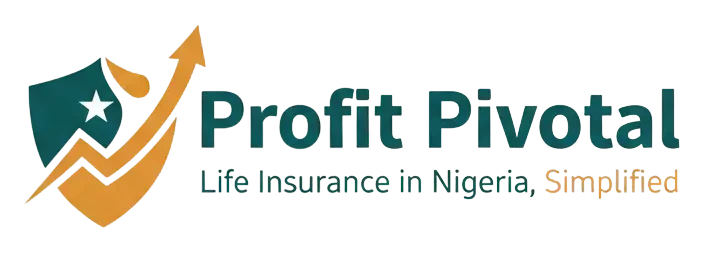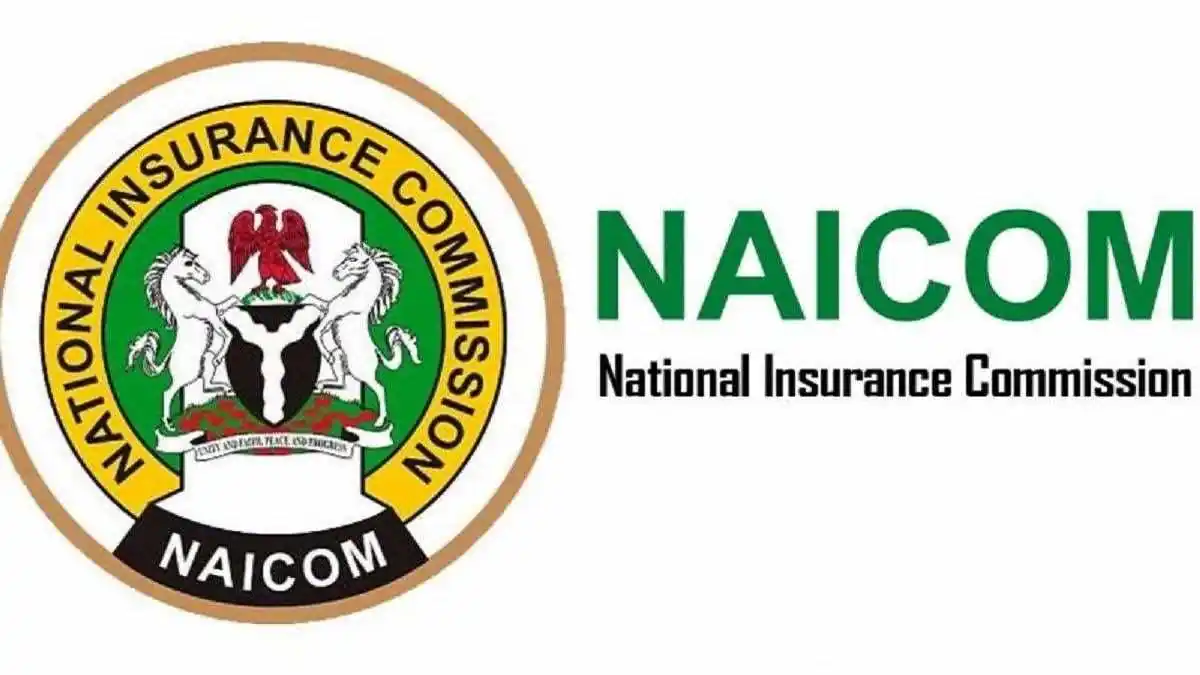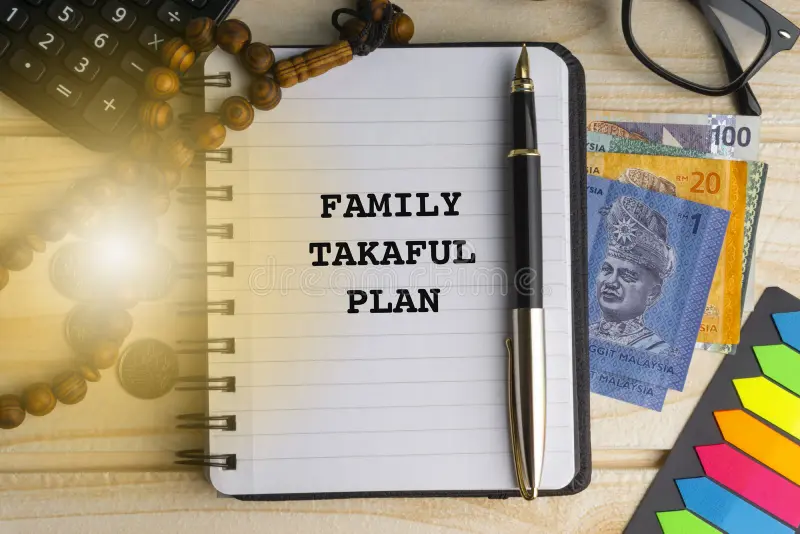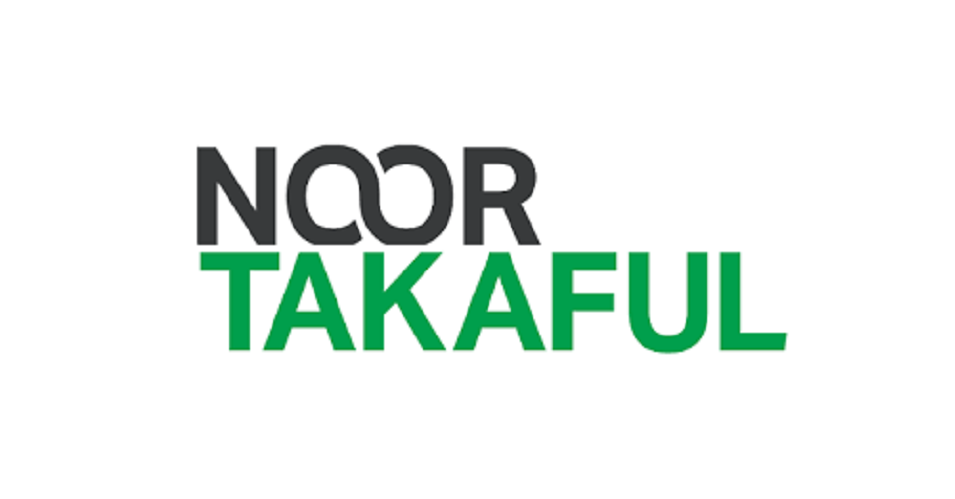Can creditors take life insurance proceeds when a person passes away in Nigeria? This is a critical question for anyone who has bought a life insurance policy to protect their family. The short answer is generally no, but understanding the details is key to ensuring your loved ones are truly secure.
Losing a family member is hard enough without the added stress of creditors and debt collectors. Many Nigerians buy life insurance to create a financial safety net. They want to know that the money will go directly to their spouse, children, or other relatives as intended.
This article will explain exactly how life insurance payouts are treated in Nigeria, who has the right to the money, and the specific situations where creditors might have a claim.
What Is a Life Insurance Policy?
A life insurance policy is a contract between you (the policyholder) and an insurance company. You agree to pay regular premiums, and in return, the insurer promises to pay a lump sum of money, known as a death benefit, to your chosen person when you die.
This person is called the beneficiary. The primary purpose of this money is to provide financial support to your beneficiaries after you are gone.
Who Gets the Life Insurance Payout in Nigeria?
In Nigeria, the life insurance payout goes directly to the named beneficiary on the policy. This is the most important rule to remember.
The money does not become part of the deceased person’s estate. An estate includes all the assets left behind, like property, bank savings, and cars. These assets are often used to pay off any outstanding debts.
Because the life insurance benefit is paid to the beneficiary, it is legally separate from the estate. This separation protects it from creditors.
To put it simply:
- Estate Assets: Can be used to pay debts.
- Life Insurance Payout: Goes to the beneficiary and is shielded from creditors.
Think of it like a gift you arranged to be delivered directly to your loved one. A bank or lender cannot intercept that delivery.
So, Can a Creditor Make a Claim on the Payout?
No, a creditor cannot typically claim life insurance proceeds paid to a beneficiary. If you named your wife, husband, child, or sibling as the beneficiary, the insurance company is legally required to pay the money to them.
For example, if a man in Lagos had a business loan and passed away, the bank cannot force his insurance company, like AXA Mansard or Leadway Assurance, to hand over the life insurance money meant for his daughter. That money belongs to her alone.
This protection is one of the biggest advantages of life insurance as a financial planning tool in Nigeria.
Are There Any Exceptions?
While the rule is strong, there are a few rare situations where creditors might be able to access life insurance proceeds.
1. When the Estate is Named as the Beneficiary
If you do not name a specific person as your beneficiary and instead name your “estate,” the rules change. In this case, the life insurance payout becomes part of your estate’s total assets.
When this happens, the money will first be used to settle all outstanding debts, taxes, and administrative costs. Your family will only receive what is left after all creditors have been paid.
This is why it is crucial to always name a specific person (or people) as your beneficiary.
2. If the Policy Was Used as Loan Collateral
In some business or personal finance situations, a life insurance policy can be assigned to a lender as collateral for a loan. This is called a “collateral assignment.”
If the policyholder dies before the loan is repaid, the lender has the right to claim a portion of the death benefit equal to the outstanding loan balance. The remaining amount will then be paid to the named beneficiaries.
3. Evidence of Fraud
If it can be proven in court that the policyholder bought life insurance with the specific intention of defrauding creditors, a claim could be made. For example, if someone took on massive debt and immediately bought a huge policy to hide money from lenders.
This is extremely rare and difficult to prove. For the average Nigerian, it is not a concern.
Estate vs. Individual Beneficiary: What’s the Difference?
Choosing between naming an individual or your estate as the beneficiary is one of the most important decisions you will make. Let’s break down the key differences.
Naming an Individual Beneficiary
This is when you name a specific person (e.g., “Funke Adewale,” your spouse) or a group of people (e.g., “my children, Emeka and Nneka Okoro”).
- Fast Payout: The money is paid directly to the person, bypassing any court processes.
- Creditor Protection: The funds are shielded from your personal and business debts.
- Privacy: The transaction is private between the insurer and the beneficiary.
Naming Your Estate as the Beneficiary
This means the death benefit is paid into your general estate after you die.
- Slow Payout: The money must go through a legal process called probate, which can take months or even years.
- No Creditor Protection: The funds are used to pay off all your outstanding debts before your family gets anything.
- Public Record: The details become part of public court records.
Here is a simple table to compare:
| Feature | Individual Beneficiary | Estate Beneficiary |
| Payout Speed | Fast & Direct | Slow (Probate) |
| Creditor Protection | Yes | No |
| Privacy | High | Low |
| Who Gets the Money | Your chosen person | Creditors first, then heirs |
Clearly, naming an individual beneficiary is almost always the better choice for protecting your family.
How to Protect Your Life Insurance Proceeds for Your Family
Protecting your life insurance payout is simple if you follow these steps:
- Name a Primary Beneficiary: Always name a specific person, like a spouse or child. Avoid naming your estate.
- Name a Contingent Beneficiary: This is a backup beneficiary who will receive the money if the primary beneficiary has also passed away.
- Keep Your Policy Updated: Review your beneficiaries after major life events like marriage, divorce, or the birth of a child.
- Be Honest on Your Application: Provide accurate information when buying your policy to ensure there are no issues with the claim later on.
Your Family Comes First
So, can creditors take life insurance proceeds in Nigeria? The answer is a clear no, as long as you have named a specific beneficiary. Life insurance is designed to protect your loved ones, providing them with tax-free funds that are shielded from your debts.
By naming a beneficiary and keeping your policy details current, you can have peace of mind knowing the financial safety net you worked hard to build will go directly to the people who matter most.
Suggested Reads:
1. Capital Gains Tax in Nigeria: A Simple Guide to Your Profits (2025)
2. 5 Things Term Life Insurance Does for Nigerians That Savings Cannot
3. Discover the Secret Clause Many Nigerians Miss in Their Term Life Policies








